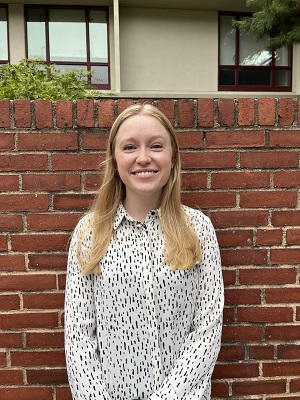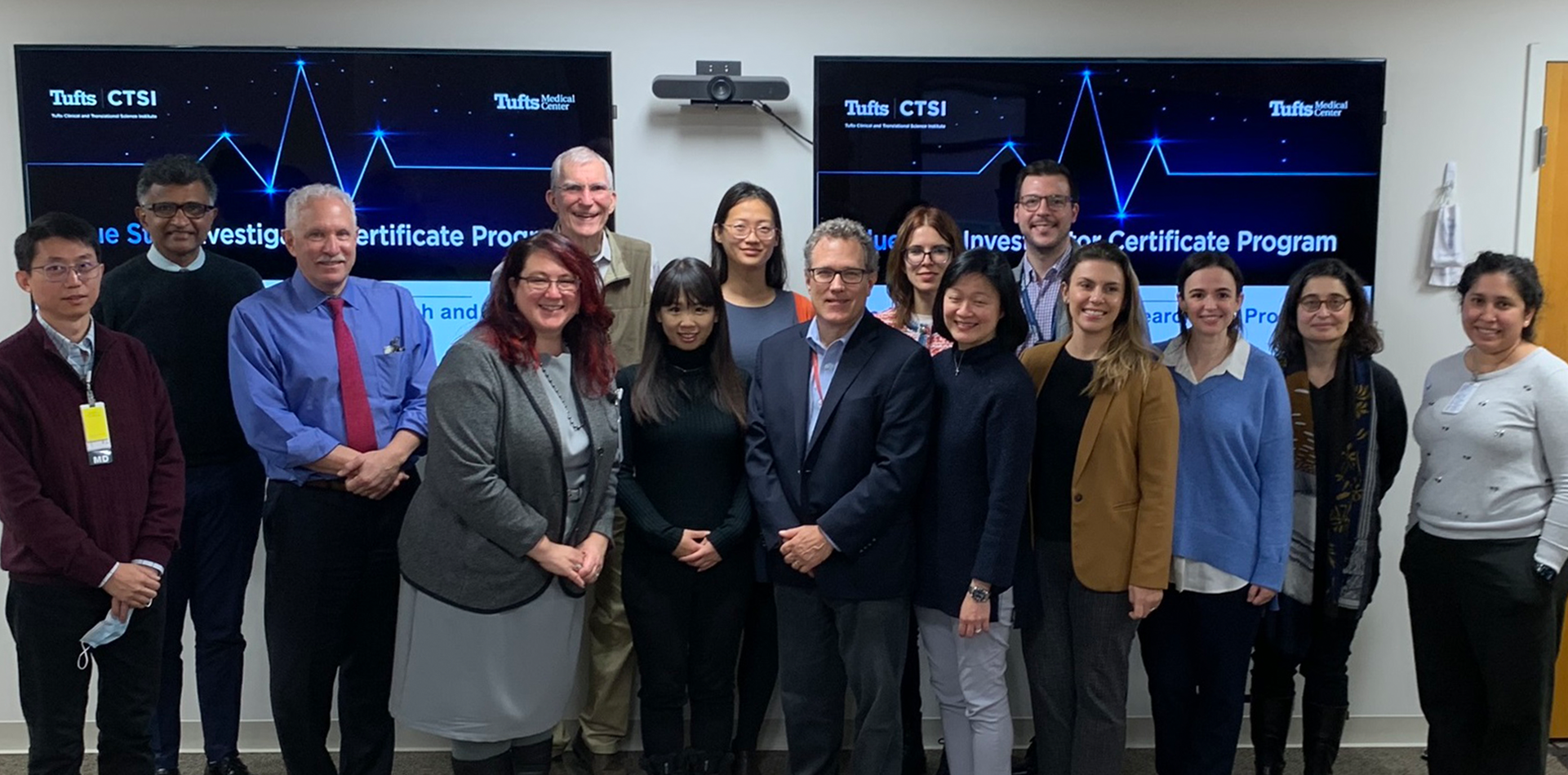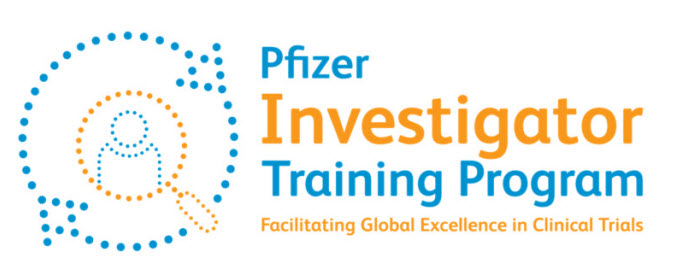Does your study follow the best practice of communicating end results to participants? Are you disseminating findings to affected communities that are understandable and actionable?
The new Common Rule (NIH 2017) emphasizes the need for clinical research investigators and teams to provide participants with information they can read, understand and act on. In a recent survey of past clinical trial participants (CISCRP 2019), 68% said they wanted to receive a post-study summary of results they could understand and use, but only 38% reported receiving any such communication.
Applying a health literacy framework supports study teams to meet the literacy, language, and cultural health communication needs of participants and the public. Using plain language writing and design principles enables study teams to develop results summaries that are relevant, understand and actionable.
This 90-minute online workshop, Disseminating Research Results to Participants and the Public, is led by health literacy and plain language experts from Tufts CTSI faculty, along with guest lectures from the Multi-Regional Clinical Trials (MRCT) Center of Brigham and Women’s Hospital and Harvard and the Center for Information & Study on Clinical Research Participation (CISCRP). Participants will learn about health literacy and plain language as a strategic effort to communicate more clearly throughout the clinical research life cycle, practice plain language writing and design techniques to communicate end of study findings, and engage in dialogue and reflection on how to apply lessons learned in practice.
The workshop will use Zoom video conferencing for live interactive learning and the I LEARN course management system to support applied asynchronous learning activities. This online program will be engaging, interactive, and tailored to meet participant needs.
After attending this event, participants should be able to:
- Define health literacy and plain language as a strategic approach to communication throughout the clinical research life cycle, with a focus on sharing post-study results with participants and the community
- Apply plain language writing and design principles when crafting written communications at the close of a study that are tailored to needs of study participants and the public (i.e. drafting a letter to participants describing aggregate results or a one-page fact sheets describing relevant findings to the public).
Faculty
Sabrina Kurtz-Rossi, MEd, is Assistant Professor of Public Health and Community Medicine at Tufts University School of Medicine. Kurtz-Rossi has extensive experience teaching with technology and creating engaging and tailored remote learning experiences. She will introduce the fundamentals of health literacy and plain language in health and science communication with the public.
Sylvia Baedorf Kassis, MPH, is Program Manager for Health Literacy in Clinical Research at the Multi-Regional Clinical Trials (MRCT) Center of Brigham and Women’s Hospital and Harvard. Baedorf Kassis will cover health literacy throughout the clinical research life cycle and specifically techniques for communicating results to study participants.
Behtash Bahador, MS, is Associate Director of Relationship Management and Development at the Center for Information & Study on Clinical Research Participation (CISCRP). Bahador will offer further specific guidance and resources on the return of results and will use case examples to facilitate communication of research results to affected communities.
Details
Date: Wednesday, November 4, 2020, 10:00–11:30AM (90 min)
Location: Zoom video conference and I LEARN course management system
Clinical research investigators and coordinators, and anyone on the clinical research team responsible for communicating results to study participants, are encouraged to attend, especially investigators and study teams with results ready to share.
If you are an investigator with experience sharing study results with study participants and the public, please contact sabrina.kurtz_rossi@tufts.edu so that we may incorporate your experience, questions, and challenges into the content of the training.
To join in this live, 90-minute online event, participants must be able to access the Internet using a device with audio and video camera capabilities. Participants will receive an invitation to join the training live via Zoom and to log onto the I LEARN course management system to access all training materials. Please join the training from a location that has reliable internet access and limited background noise.
Course enrollment priority is given to researchers from Tufts CTSI partner institutions.
If your participation needs to be approved by your supervisor or a person responsible for your time release, you may provide their contact information when you register for the program.
Registration
To attend, please register here.
Tufts CTSI Professional Education & Expectations for Course Participants
Tufts CTSI’s Professional Education programs provide non-degree continuing education and training for clinical and translational research professionals from all Tufts CTSI partners and beyond.
Course enrollment priority is given to researchers from Tufts CTSI partner institutions. If your participation needs to be approved by your supervisor or a person responsible for your time release, you may provide their contact information when you register for the program.
This course is provided free of charge and is supported by the National Center for Advancing Translational Sciences, National Institutes of Health, Award Number UL1TR002544. The content is solely the responsibility of the authors and does not necessarily represent the official views of the NIH.




